Medical Blog About Treatment Abroad
Welcome to our medical blog – it is dedicated to empowering patients with knowledge about global healthcare! We created this platform with the intention to bridge the gap between patients and the medical innovations available globally.
What's Inside: Discover new and rare methods in oncology, immunology, heart surgery, neurosurgery, and other medical fields! Our health travel insights show how medical journeys open new possibilities with advanced treatments unavailable locally, including specialized cancer care abroad.
Who Benefits: This resource is for patients and their families who seek new treatment methods and explore options at leading international hospitals. Those who want to make informed healthcare decisions beyond borders.
Why Read: Booking Health experts provide verified information through patient-friendly articles – they translate complex medical advances into accessible info. Stay current with the latest developments in global healthcare and discover how international medicine can transform treatment outcomes!
Browse our latest articles and take the first step toward better health outcomes!
Latest posts - page 7
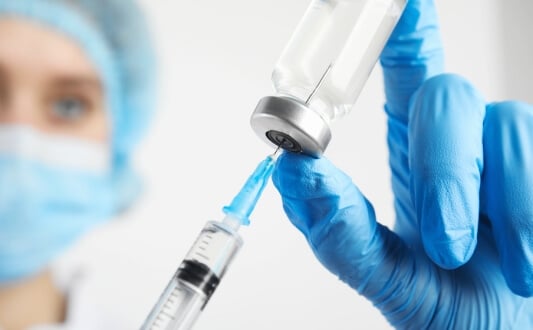 Lutetium‑177 PSMA Therapy for Prostate Cancer
Lutetium‑177 PSMA Therapy for Prostate Cancer
Prostate cancer ranks as one of the most widespread cancer types in men across the globe and continues to be a major reason for cancer-related deaths. The Global Cancer Observatory (GLOBOCAN) reports that doctors diagnosed over 1.4 million new cases of prostate cancer in 2020, making it the second most common cancer in men after...
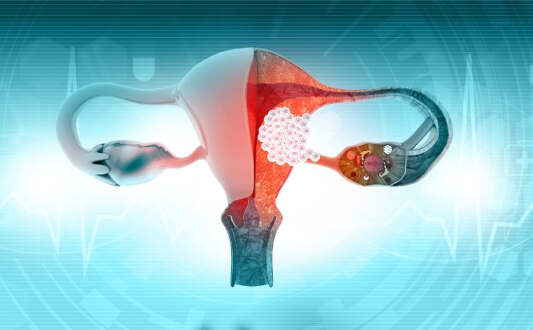 4 Stage Uterine Cancer: Treatment Options for Stage 4 Endometrial Cancer
4 Stage Uterine Cancer: Treatment Options for Stage 4 Endometrial Cancer
Stage 4 uterine cancer and specifically stage 4 endometrial cancer represent the most advanced form of endometrial carcinoma, where the cancer has spread beyond the uterus to distant organs such as the lungs, liver, bones, or lymph nodes. According to the American Cancer Society, uterine cancer is the most common gynecologic malignancy...
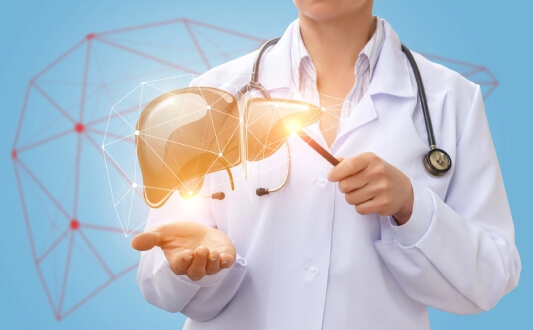 Treatment Methods and Advanced Therapies for Liver Metastases
Treatment Methods and Advanced Therapies for Liver Metastases
The liver is the body's laboratory – it filters blood and performs hundreds of vital functions. Unfortunately, this makes it vulnerable to cancer cells: they travel through the bloodstream from the primary tumor and settle there, forming secondary liver cancer called hepatic metastases. According to the results of large-scale studies, colorectal...
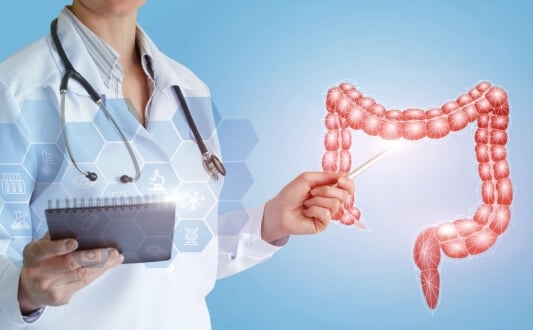 Dendritic Cell Therapy for Colon Cancer Treatment in Germany
Dendritic Cell Therapy for Colon Cancer Treatment in Germany
Dendritic cell therapy is a form of cancer immunotherapy that utilizes the body's own immune system to fight cancer cells. It is considered a promising approach for patients with various cancers, including colon cancer. Regarding the latter, it is unfortunate, but this disease is one of the most prevalent malignancies worldwide. According to the 2020...
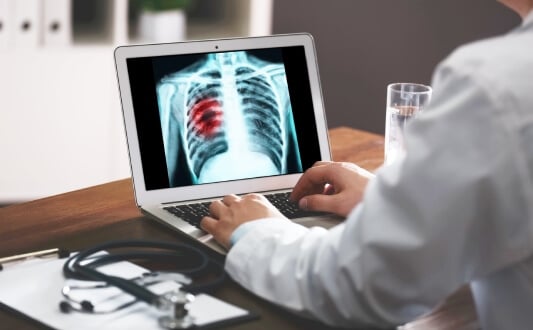 Advanced Treatment Options for Lung Metastases
Advanced Treatment Options for Lung Metastases
Lung metastases affect 20-54% of patients with extrathoracic cancers. What is important, they reduce survival rates dramatically – breast cancer survival drops from 96% to 21% with lung spread, while colorectal cancer survival falls from 91% to below 10% with metastasis. These secondary tumors commonly originate from breast...
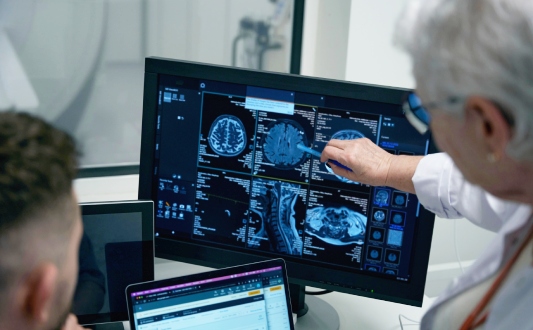 Comprehensive Guide to Brain Cancer Treatment: New and Standard Treatment Options
Comprehensive Guide to Brain Cancer Treatment: New and Standard Treatment Options
Brain cancer refers to a range of tumors originating in the brain. As the evidence suggests, the most aggressive and prevalent malignant form in adults is glioblastoma multiforme (GBM). In fact, recent data reports that this tumor accounts for ~14% of all primary brain tumors. When taking a look at global statistics, the incidence of...
 Cancer Treatment in Germany
Cancer Treatment in Germany
One or two decades ago, a cancer diagnosis was almost equated to death. Nowadays, due to the fast development of healthcare, numerous oncological diseases can be cured. Nevertheless, cancer burden is still high in Europe. The European Cancer Information System (ECIS) states that in 2022, around 4.1 million new cases of cancer...
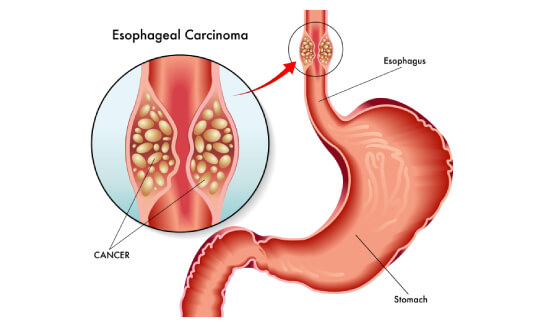 Comprehensive Guide to Esophageal Cancer: New and Standard Treatment Options
Comprehensive Guide to Esophageal Cancer: New and Standard Treatment Options
Esophageal cancer is still among the deadliest cancers of the digestive system, with about one out of every 20 cancer-related deaths worldwide. In 2022, over 500,000 new cases were diagnosed globally, and it is particularly high in East Asia and some parts of Africa. In the US, the American Cancer Society (ACS) projects over 22,000 new cases...

